Graham Reid | | 3 min read
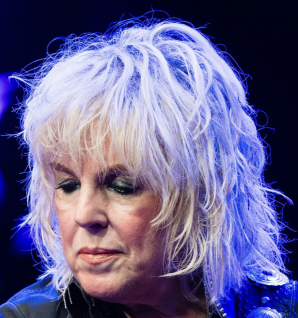
Distilled from hundreds of hours of recorded interviews and conversations, this slim but insightful and revealing memoir by one of America's greatest living songwriters cuts straight through the fat, scrapes through sinew and gets down to the bone.
Lucinda Williams is unsparingly honest about growing up itinerant with her father (an aspiring poet taking new teaching positions every couple of years) and her emotionally damaged alcoholic mother who had suffered sexual abuse as a child.
“Yes, my family was dysfunctional,” she writes. “But that's not what really matters to me. What matters is that I inherited my musical talent from my mother and my writing ability from my father.”
In her first 20 years Williams lived in 14 different places: among them Jackson in Mississippi; Santiago, Chile; Baton Rouge, New Orleans, Mexico City . . .
Often as much emotionally adrift as literally, she was born with spina bifida and when her mother and father eventually separated she lived with him.
Before the separation however he had already taken up with one of his much younger students, Jordan, who lived with the family as “an extra guardian or babysitter”.
“[My father] was thirty-five years old and she was eighteen or nineteen. I was twelve.”
That said, she and Mama J got along and “my stepmother taught me how to set a table with cloth napkins for a dinner party”.
She got a guitar, had some lessons and fell heavily for Bob Dylan's Highway 61 Revisited. And the allure of Dylan himself. They met briefly once then later in life she was invited to open for him and Van Morrison on a tour of a few months.
She never met either of them in that whole time.
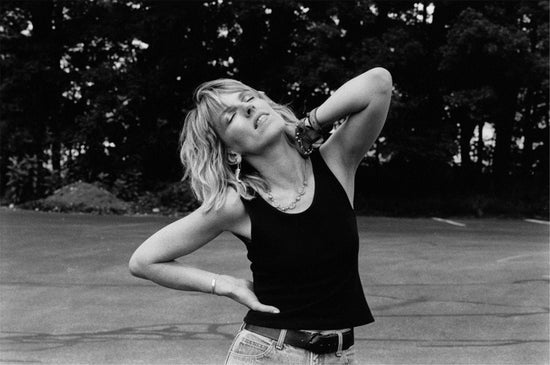 She dropped out of high school (with her family's blessing), worked all kinds of menial jobs up into her 30s, played and studied music constantly, toured Mexico in a folk duo, and remained an outsider even when she was finally recognised and embraced as a unique talent (albeit one with an unjustified reputation as being difficult).
She dropped out of high school (with her family's blessing), worked all kinds of menial jobs up into her 30s, played and studied music constantly, toured Mexico in a folk duo, and remained an outsider even when she was finally recognised and embraced as a unique talent (albeit one with an unjustified reputation as being difficult).
The Williams who emerges in these pages is ruthlessly honest about her attraction to outlier men (the “poet on a motorcycle” guys) and any number of them appear and mostly disappear in her life. She names many and it can be quite a roll-call of well-known musicians, heroes and sometimes villains.
But Williams – who admits to spending years in therapy trying to come to terms with her upbringing and relationships – is never dishonest as she moves through a music world which was not just unsympathetic to women, and especially women songwriters, but often blind and deaf to her talents.
She is utterly forgiving of her parents, unpretentious, addresses the falling out with longtime friend and guitar player Gurf Morlix (he has refused to speak with her in decades) and along the way walks us through deeply personal stories (and sometimes the lyrics of songs which reflect them, often the songs appearing many years later).
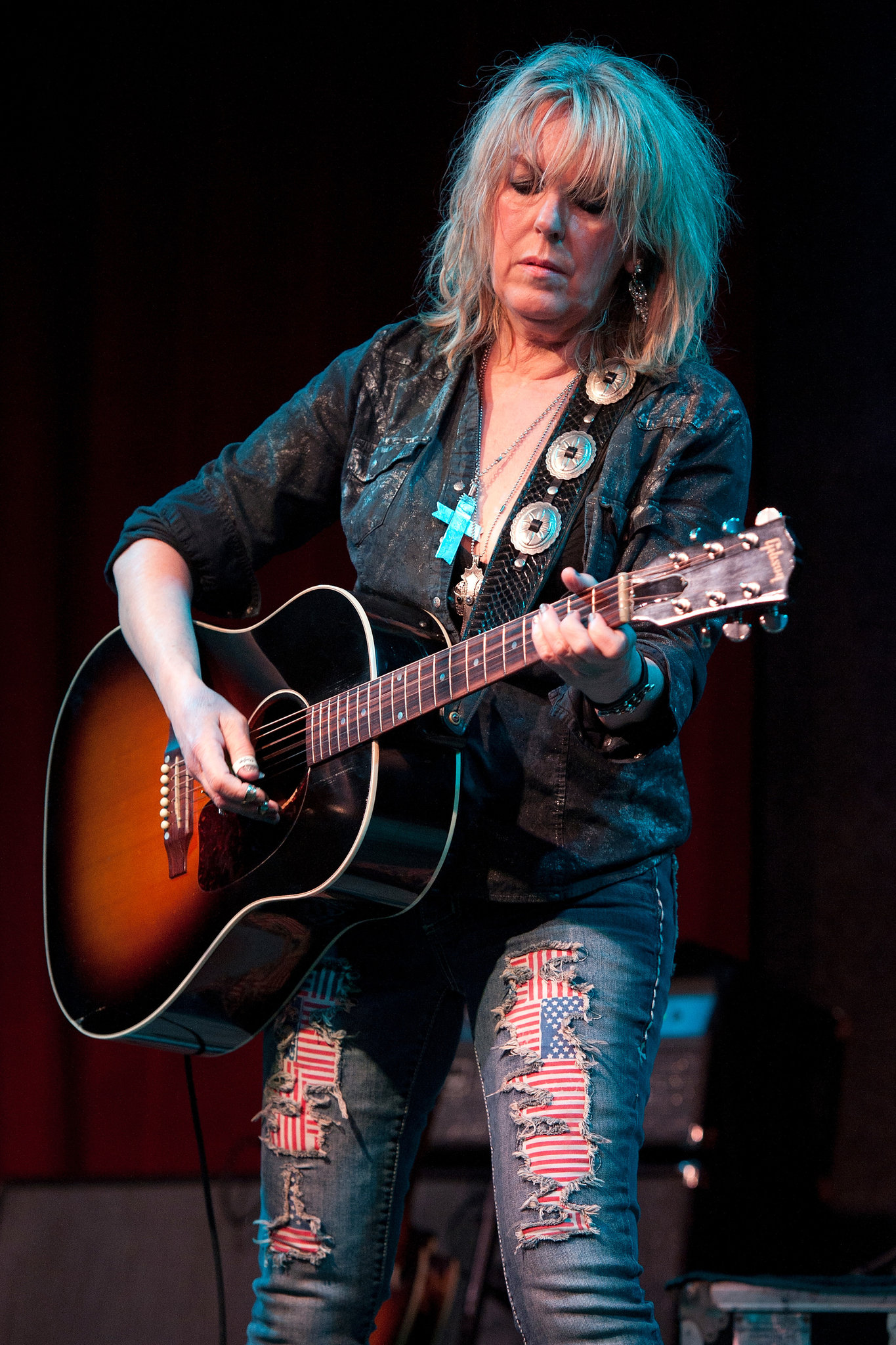 She counts the losses of family (her reclusive brother whom she loves and has tried to reach through her open-letter songs to him) and many friends, a number of men committing suicide (although she doesn't mention Vic Chestnutt whose suicide affected her deeply and was the subject of an especially moving song).
She counts the losses of family (her reclusive brother whom she loves and has tried to reach through her open-letter songs to him) and many friends, a number of men committing suicide (although she doesn't mention Vic Chestnutt whose suicide affected her deeply and was the subject of an especially moving song).
It has been a hard and rootless existence but she admits she loves life on the road and hotel rooms, talks us through the making of some key albums and important songs on them, and doesn't pull punches: “There's a particularly provincial quality to Texas, a feeling that you have everything you need there, that there's no reason to go anywhere else . . . reminds me of the way some New Yorkers are about New York City”
Success – and love and marriage – came late in her life.
In 2020 she suffered a stroke but has recovered, and right at the end of this engrossing and candid book she offers a postscript which sounds like her personal Desiderata: “Read. You should read Bukowski and Ferlinghetti, read Sylvia Plath and Anne Sexton, listen to Coltrane, Nina Simone, Hank Williams, Loretta Lynn, Son House, Robert Johnson . . .”
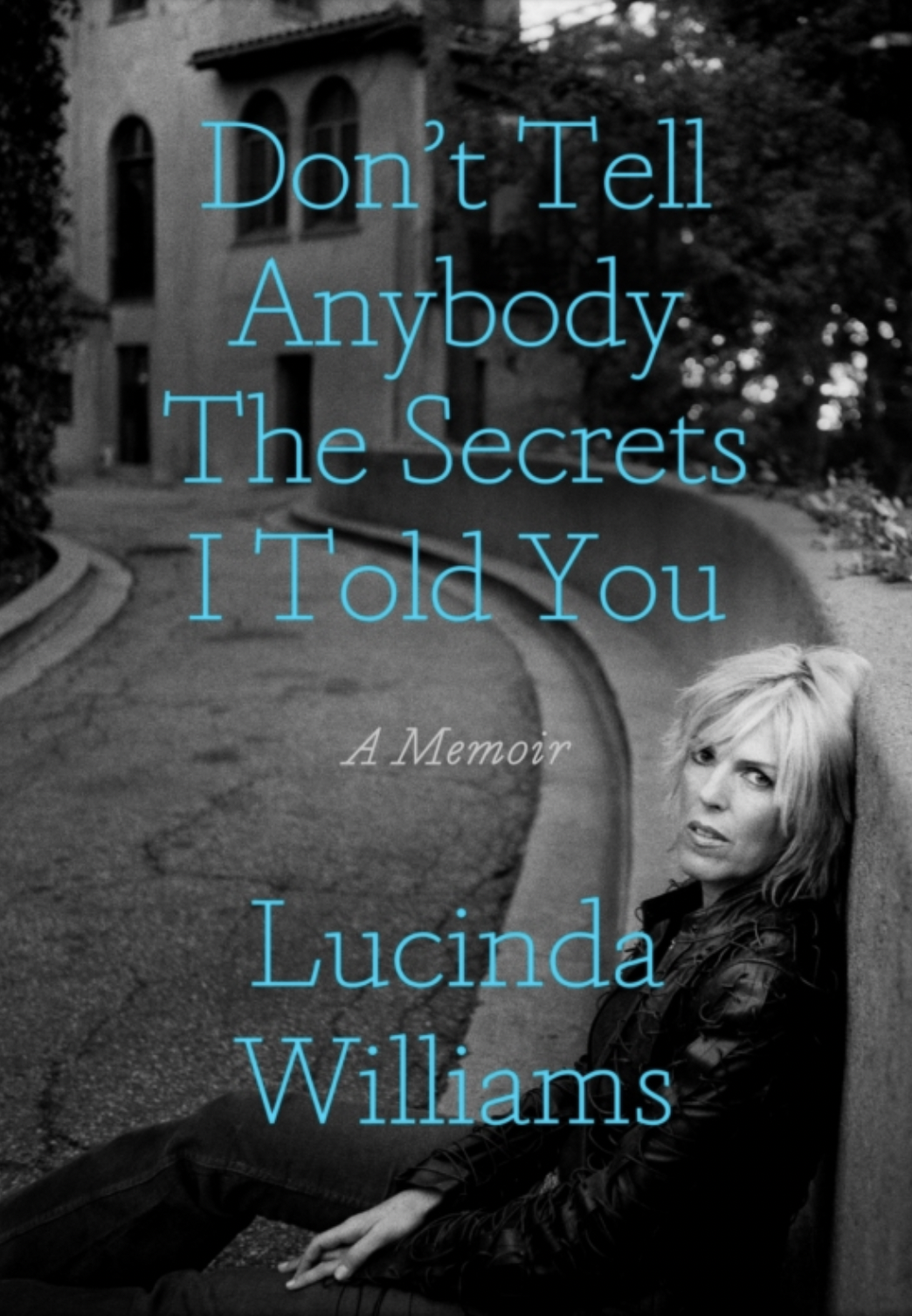 The Grammy-winning woman who was once considered too rock for country and too country for rock concludes, “Read the Bible. Read the Bhagavad Gita.
The Grammy-winning woman who was once considered too rock for country and too country for rock concludes, “Read the Bible. Read the Bhagavad Gita.
"Join nothing. It won't help. No games, no church, no religion, no yellow brick road. No way to Oz.
"Wear beads.
“Watch a caterpillar in the sun.”
.
DON'T TELL ANYBODY THE SECRETS I TOLD YOU by LUCINDA WILLIAMS Simon and Schuster, $55
.
Elsewhere has two interviews with Lucinda Williams and a number of album reviews starting here.



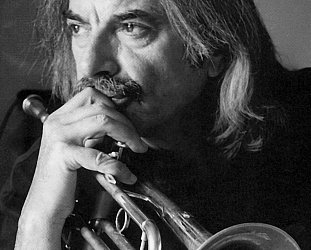
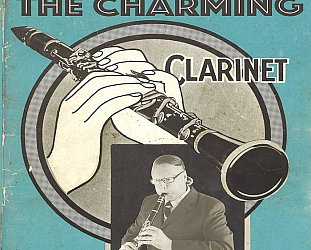
post a comment